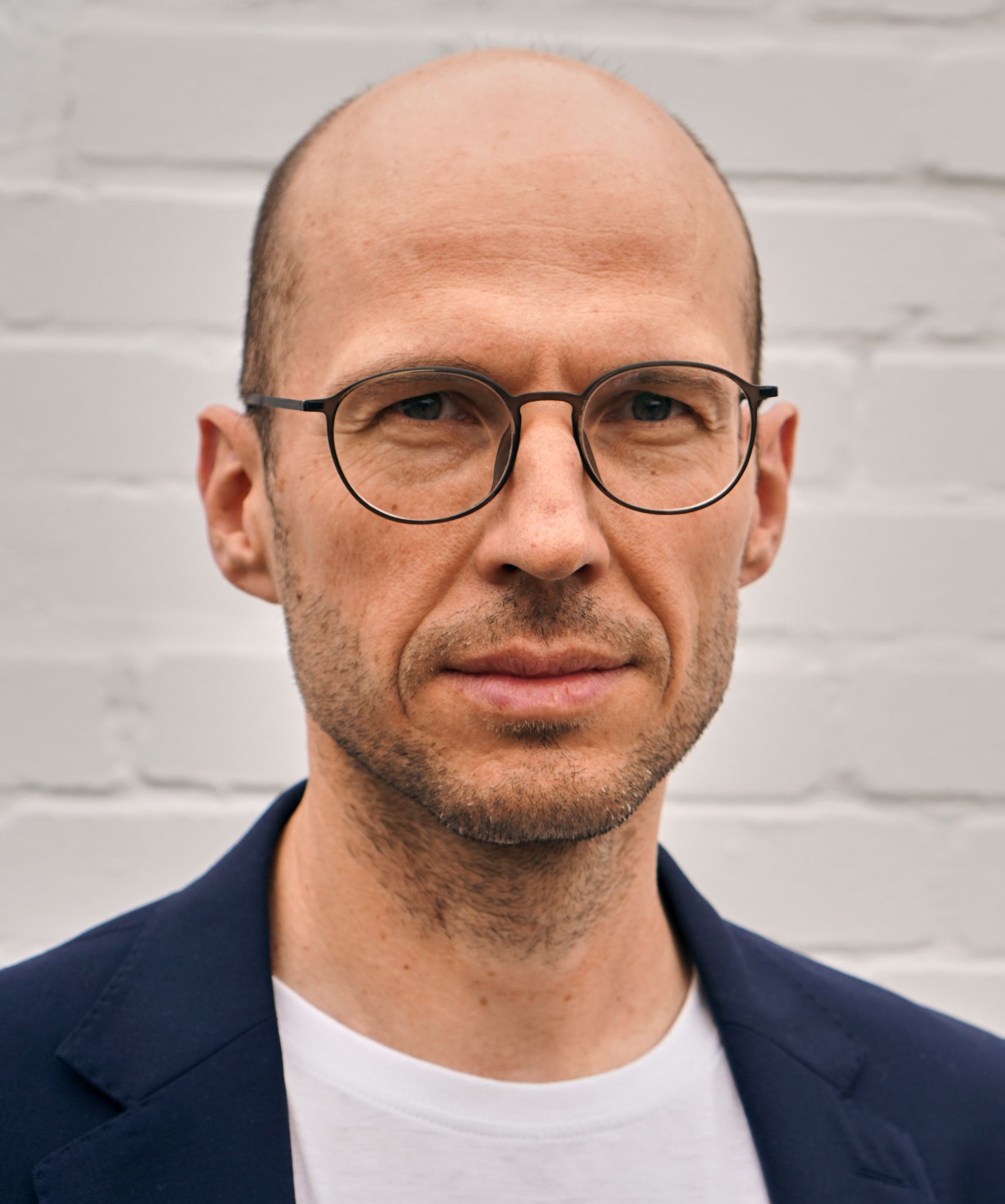Keynote Speakers
Marisa Carrasco-Queijeiro - How Attention shapes Perception
Tuesday June 20, 2023
Visual attention is essential for visual perception. I will illustrate how endogenous (voluntary) and exogenous (involuntary) covert attention differentially modulate visual perception. I will highlight findings from: (1) Psychophysical experiments investigating how these two types of attention alter performance in tasks mediated by basic visual dimensions as well as their featural representations; (2) An image-computable model on how endogenous and exogenous attention differentially alter visual perception; (3) Neuroimaging (fMRI) experiments differentiating effects of endogenous and exogenous attention on occipital cortex; (4) Neurostimulation experiments with transcranial magnetic stimulation (TMS) establishing differential causal roles of occipital cortex for exogenous attention and frontal cortex for endogenous attention. Together these studies reveal how endogenous and exogenous attention alter the processing of basic visual dimensions and shape perception.
Bio
Julius Silver Professor of Psychology and Neural Science, Collegiate Professor, New York University Marisa Carrasco is a cognitive neuroscientist who uses human psychophysics, neuroimaging, neurostimulation, and computational modeling to investigate the relation between brain and behavior and is particularly recognized for her work on visual perception and attention. Her research has revealed how attention modulates perceptual performance and alters appearance in a variety of visual tasks.
Marisa was born and grew up in Mexico City and earned her Licentiate in Psychology (Experimental psychology), from the National Autonomous University of Mexico (UNAM), where she graduated summa cum laude. Marisa obtained her M.S. and Ph.D. in Psychology (Cognition and Perception) from Princeton University, where she received the highest scholarly excellence award, the Jacobus Honorific Fellowship. She became an Assistant Professor of Psychology at Wesleyan University in 1989. She joined NYU in 1995 as an Associate Professor and became a Professor of Psychology and Neural Science in 2002. She has served as chair of the NYU Psychology Department (2001-2007), as president of the Vision Sciences Society and the Association for the Scientific Study of Consciousness, and as a senior editor of two scientific journals, Vision Research and Journal of Vision.
Marisa is a fellow of the American Psychological Society and the Society of Experimental Psychologists, and has received many prestigious honors, including an NSF Young Investigator Award, an American Association of University Women Fellowship, a Guggenheim Fellowship, a Cattell Fellowship, the Davida Teller Award (Vision Sciences Society), and the Andrew Carnegie Prize in Mind and Brain Sciences (Carnegie Mellon University, Neuroscience Institute). She is a member of the National Academy of Sciences.

Daniel Schien - Challenging Perceptions: The Carbon Emissions of Video Streaming
Wednesday June 21, 2023
The existing and unfolding climate change requires an urgent transformation of society and economy to achieve a fast reduction of carbon emissions. The ICT sector that has been estimated to account for about 2 to 3% of global carbon emissions due to the electricity consumption and manufacturing of electronic devices. As decarbonisation targets are set and plans are made for the decarbonisation of the economy, we need to also address the footprint of ICT and the digital services that it provides. Video streaming has been among the most popular and innovative forms of entertainment of the last decade and it's uptake has increased together with the development of the Internet infrastructure. Video streaming technology has become both more efficient as well as sophisticated at the same time. In this talk I will review what we know about carbon emissions of the ICT sector, the challenges with lowering this footprint and consider what this means for video streaming.
Bio
Dan Schien is a Senior Lecturer in Computer Science at the University of Bristol, UK. His research focuses on the environmental impact of information technology and its role in the decarbonisation of society. He is particularly interested in sustainable consumption of digital media and the complex system of interactions between consumption of digital media, the ICT infrastructure and design of media services. Dan applies multidisciplinary methods from software engineering, human computer interaction and environmental science.

Mariek Vanden Abeele - Disconnect to Reconnect? The Science Behind Digital Well-being and Digital Disconnection.
Thursday June 22, 2023
Mobile media support our autonomy by connecting us to persons, contents, and services independently of time and place constraints. At the same time, however, they challenge our autonomy: We face new struggles, decisions, and pressure in relation to whether, when and where we connect and disconnect. Digital well-being is a new concept that refers to how we subjectively experience these benefits and drawbacks. In this talk, Mariek Vanden Abeele presents different theoretical perspectives on digital well-being, and addresses critical questions in relation to how and why we should digitally disconnect.
Bio
Mariek M. P. Vanden Abeele (PhD, KU Leuven) is Associate Professor in Digital Culture at imec-mict, Ghent University (Belgium). Mariek combines media psychological and media sociological perspectives to understand the role that digital media use play in everyday life and society. She currently works on a H2020 European Research Council (ERC) Starting Grant project that aims at revealing the science behind digital wellbeing.

